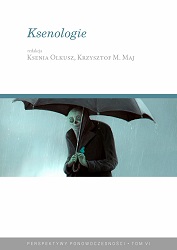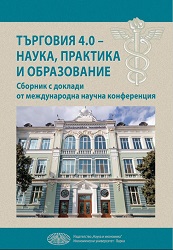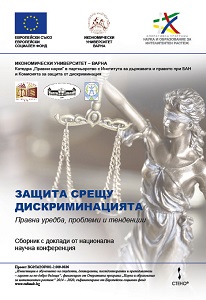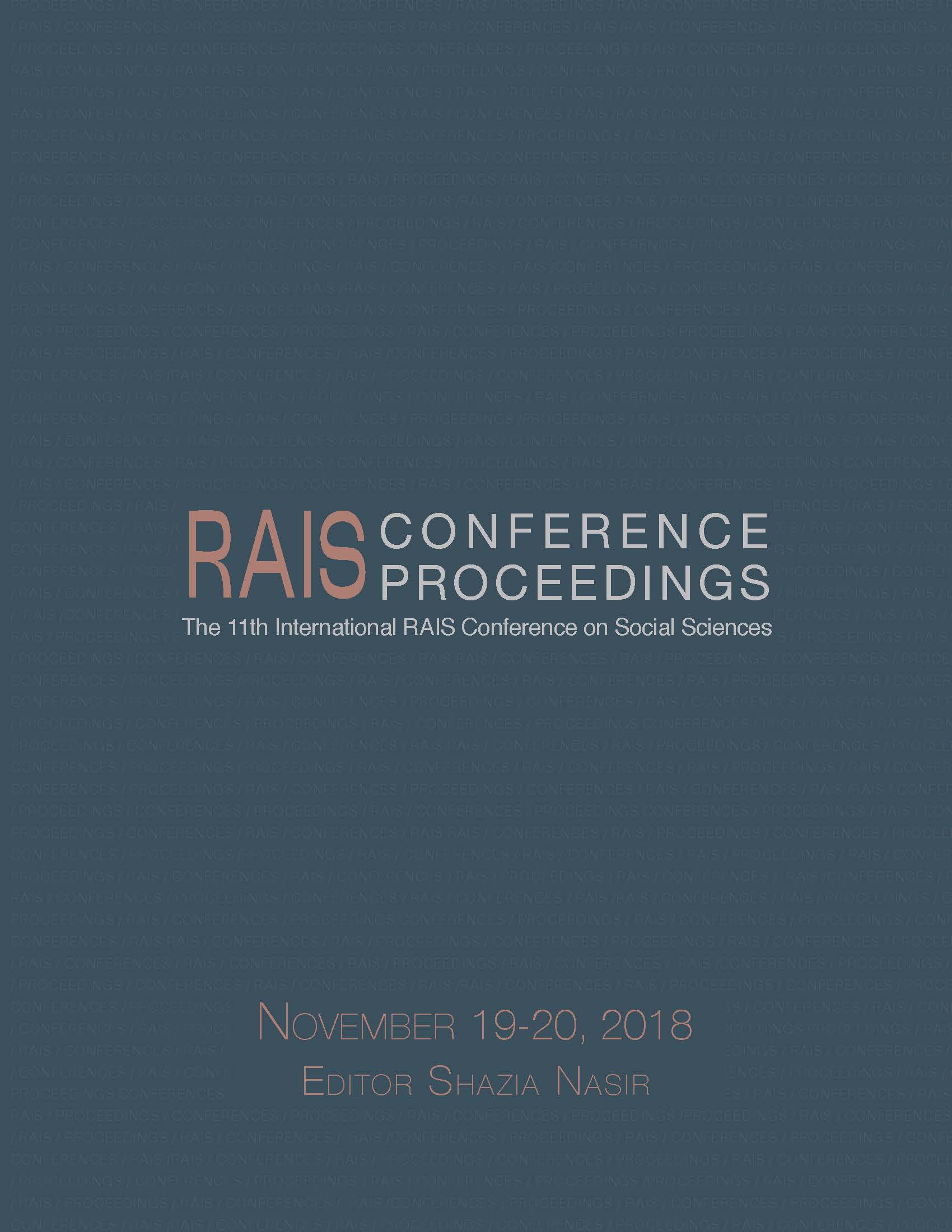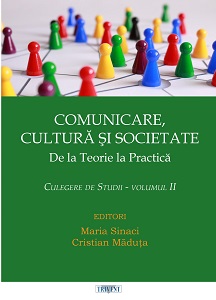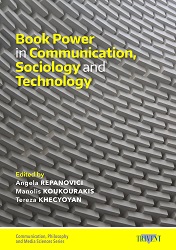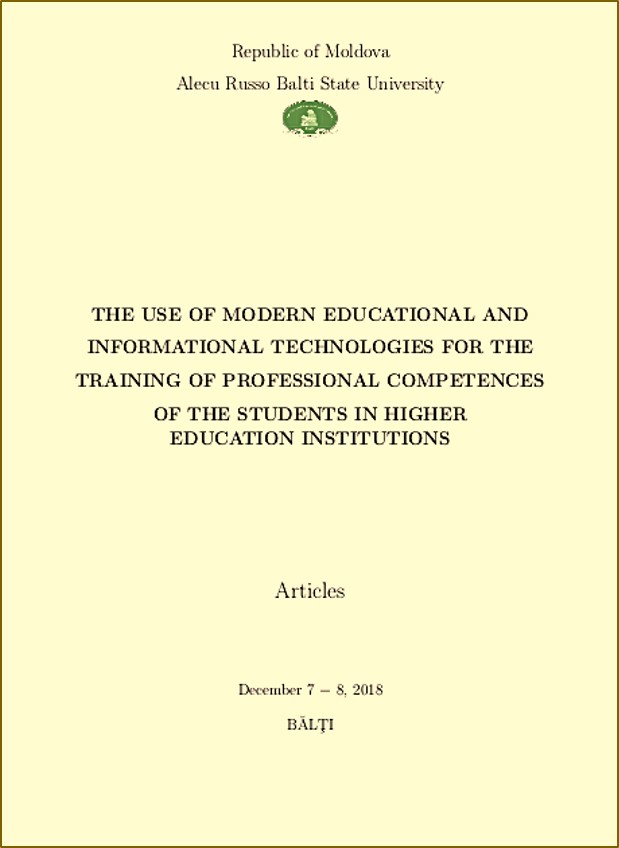
Техника закључења међудржавних уговора под окриљем међународних организација
The establishment of a number of international organizations and further development of their specific functions has brought about significant changes in the traditional technique of concluding international treaties. In effect, the role of state parties is prominent only at the end of the treaty process, when giving their consent to be bound by treaties, while most of the groundwork in the prior phases of proposing, drafting, adopting and authenticating the treaty text is exercised by international organizations. The prior activities of international organizations have engendered a new technique of concluding international treaties, by means of which the traditional treaty process has been gradually institutionalized and thus deprived of its strictly contractual nature. The elements of institutionalization are reflected in the fact that individual initiatives and actions of states are increasingly giving way to systematic activities of international organizations that encourage, propose and assist the member states in the process of concluding international treaties. The departure from the concept of con¬tractuality occurs in the phase of drafting the treaty because the prospective contracting states are not directly involved in the construction and writing of the provisional text of the treaty. This task is left to the professional bodies composed of independent individuals who are selected to perform the task in the capacity of experts in the specific field rather than state representatives. Despite the significant role they play in the treaty process, international organizations are not parties to the international treaties concluded under their auspices. A large number of treaty-related activities performed by international organizations are only administrative and technical in character. Therefore, they act as intermediaries or sponsors of the member states’ treaty activities. The exercise of this function facilitates the establishment and subsequent exercise of the rights and obligations assumed by the states upon concluding the treaty.
More...
